The automotive world has witnessed countless iterations of sedans over the decades, but few nameplates carry the legacy and expectations of the Honda Accord. Now in its 11th generation, the Accord continues to redefine what it means to be a benchmark in the competitive B-segment. This isn’t just another refresh—it’s a deliberate stride forward, blending Honda’s engineering ethos with contemporary demands.
At first glance, the 11th-gen Accord presents a more mature aesthetic. The design language leans into sophistication rather than aggression, with cleaner lines and a lower, wider stance. The front fascia features a bolder grille flanked by sleek LED headlights, while the rear end adopts a minimalist approach with thin taillights that stretch horizontally. It’s a departure from the sportier cues of its predecessor, signaling Honda’s intent to cater to buyers prioritizing elegance over outright dynamism.
Under the hood, the Accord’s powertrain strategy reflects the industry’s shifting priorities. The turbocharged 1.5L and 2.0L engines carry over, but the real headline is the expanded role of hybrid technology. The two-motor hybrid system, borrowed from the CR-V and Civic Hybrid, now takes center stage, offering seamless electric-assist and improved fuel efficiency. Honda claims the hybrid variant can achieve over 50 mpg in city driving—a figure that challenges even some compact hybrids.
Step inside, and the cabin reinforces the Accord’s upmarket ambitions. Soft-touch materials dominate, with available options like heated/ventilated perforated leather seats and genuine wood trim. The dashboard is dominated by a 12.3-inch infotainment display running Honda’s latest interface, which finally addresses past criticisms with quicker responses and wireless Apple CarPlay/Android Auto. A 12-speaker Bose audio system and head-up display further elevate the experience, narrowing the gap between mainstream and luxury brands.
Where the 11th-gen Accord truly differentiates itself is in its chassis refinement. Engineers focused on reducing NVH (noise, vibration, harshness) through acoustic glass, additional insulation, and revised suspension bushings. The result is a library-quiet ride at highway speeds—a trait once reserved for premium sedans. Yet, the steering retains the precise weighting and feedback that enthusiasts appreciate, proving comfort and engagement aren’t mutually exclusive.
Honda Sensing, the brand’s suite of driver-assist technologies, now comes standard across all trims. The system has been upgraded with wider radar coverage and a new front camera, enabling smoother adaptive cruise control in stop-and-go traffic. A standout feature is the Traffic Jam Assist, which can handle steering inputs during congested commutes—a boon for urban dwellers. These advancements position the Accord as one of the safest choices in its class, underscored by top-tier IIHS and NHTSA ratings.
Pricing remains competitive, starting just under $28,000 for the base LX trim. The hybrid models command a $3,000 premium over their gasoline counterparts, but the long-term fuel savings could justify the upfront cost for high-mileage drivers. Notably, Honda has simplified the trim hierarchy, reducing confusion with a straightforward progression from LX to Sport, EX-L, and Touring. Each step up brings meaningful upgrades, avoiding the nickel-and-diming prevalent among rivals.
Critics argue the new Accord plays it too safe stylistically, especially compared to daring alternatives like the Hyundai Sonata or Kia K5. However, Honda’s conservative approach likely stems from the Accord’s role as a fleet favorite and family mainstay. By prioritizing broad appeal over niche tastes, the brand ensures the sedan remains a default recommendation for buyers seeking reliability and resale value.
The 11th-generation Accord arrives at a precarious time for midsize sedans, as SUVs continue their market domination. Yet Honda’s formula—meticulous refinement, hybrid emphasis, and unwavering practicality—proves there’s still vitality in the segment. This isn’t a car that chases trends; it embodies the quiet confidence of an icon that knows its strengths. In doing so, the Accord reaffirms its status not just as a benchmark, but as a compass pointing toward the future of accessible premium motoring.
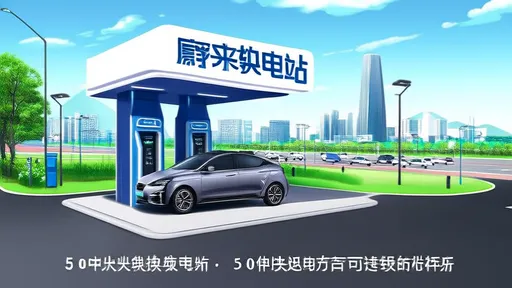
By /Jun 14, 2025
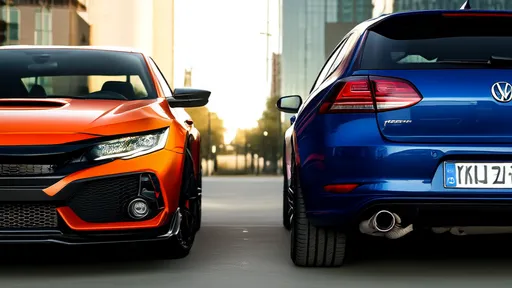
By /Jun 14, 2025
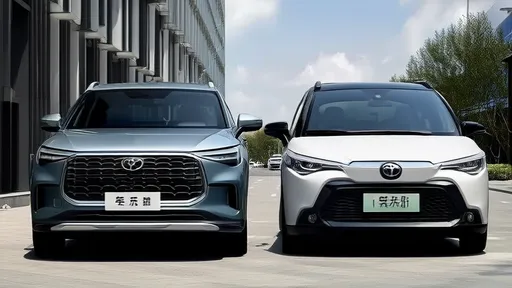
By /Jun 14, 2025
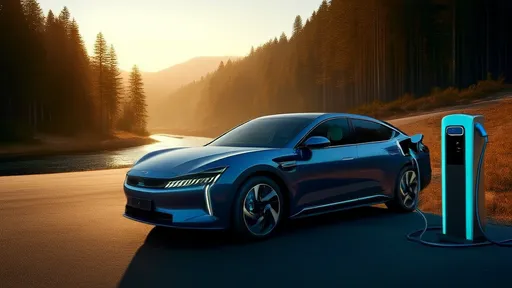
By /Jun 14, 2025

By /Jun 14, 2025
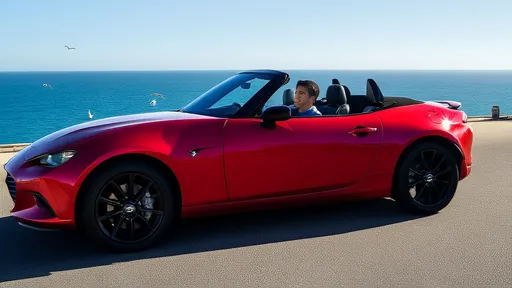
By /Jun 14, 2025
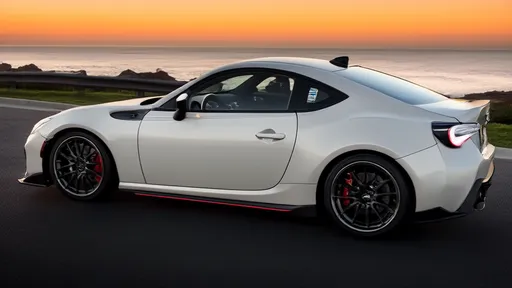
By /Jun 14, 2025
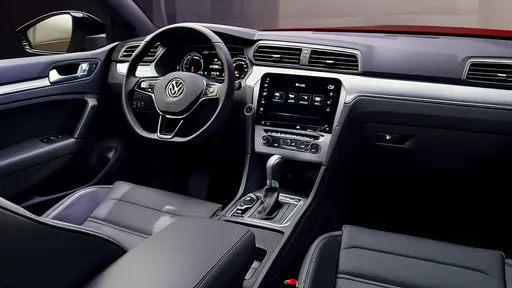
By /Jun 14, 2025
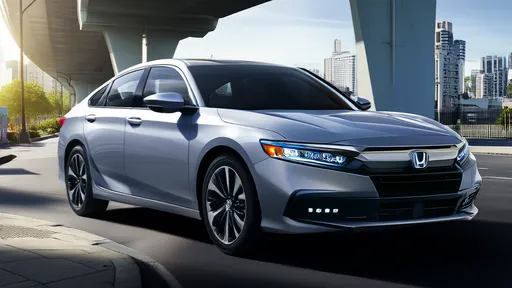
By /Jun 14, 2025
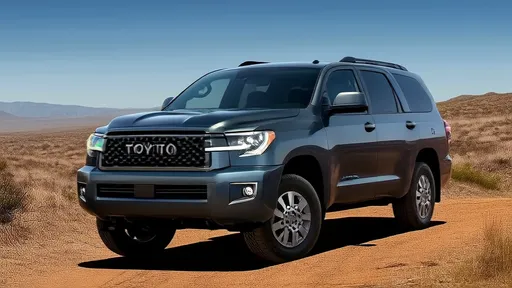
By /Jun 14, 2025
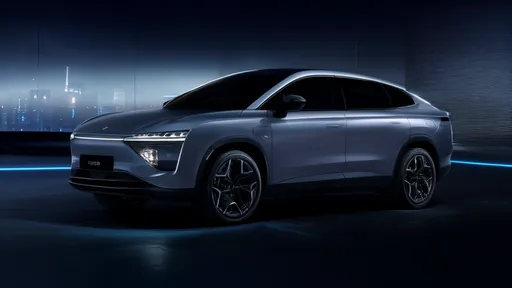
By /Jun 14, 2025
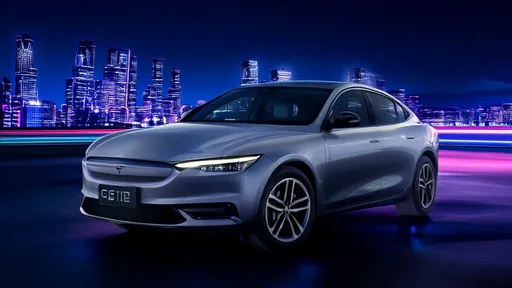
By /Jun 14, 2025

By /Jun 14, 2025
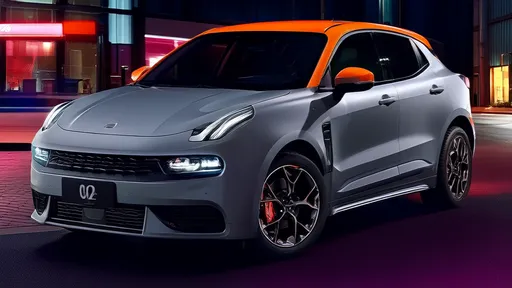
By /Jun 14, 2025
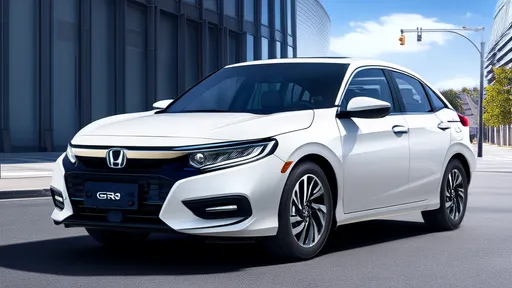
By /Jun 14, 2025
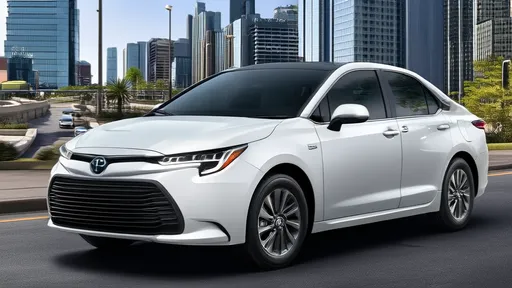
By /Jun 14, 2025
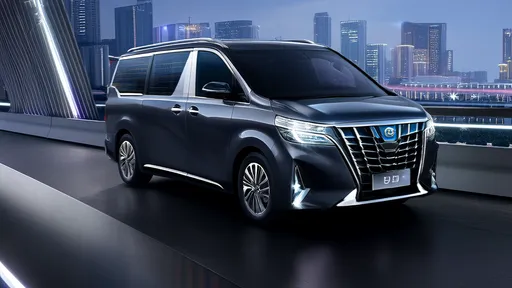
By /Jun 14, 2025
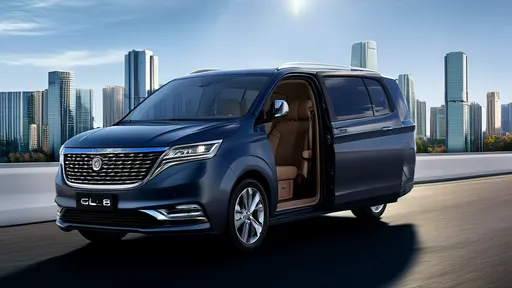
By /Jun 14, 2025
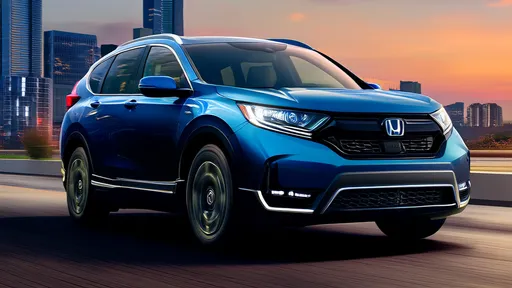
By /Jun 14, 2025
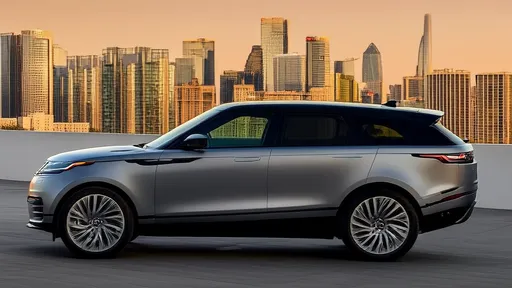
By /Jun 14, 2025